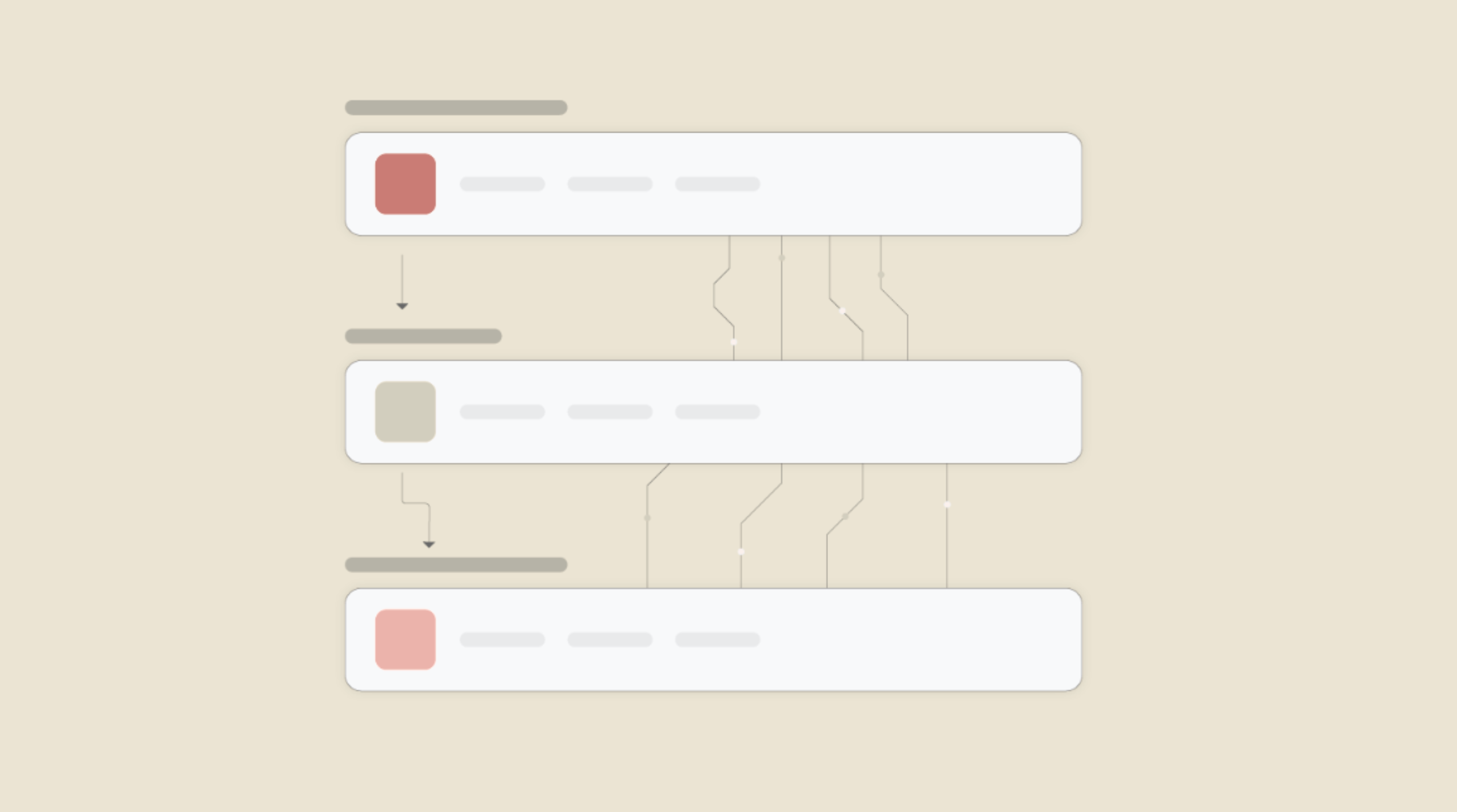Connect FFmpeg and noloco to Build Intelligent Automations
Enable Integrations or automations with these events of FFmpeg and noloco
Enable Integrations or automations with these events of FFmpeg and noloco
Actions
Convert File Format
Convert file format from a existing format to another.
Explore more automations built by businesses and experts
Know More About Ffmpeg and Noloco Integrations

How viaSocket Works | A Complete Guide
Gain insights into how viaSocket functions through our detailed guide. Understand its key features and benefits to maximize your experience and efficiency.

5 Simple Automation Hacks to Make Your Team Free
Unlock your team's potential with 5 straightforward automation hacks designed to streamline processes and free up valuable time for more important work.

What is Workflow Automation - Definition, Importance & Benefits | A Complete Guide
Workflow automation is the process of using technology to execute repetitive tasks with minimal human intervention, creating a seamless flow of activities.
Frequently Asked Questions
To start, connect both your FFmpeg and noloco accounts to viaSocket. Once connected, you can set up a workflow where an event in FFmpeg triggers actions in noloco (or vice versa).
Absolutely. You can customize how FFmpeg data is recorded in noloco. This includes choosing which data fields go into which fields of noloco, setting up custom formats, and filtering out unwanted information.
The data sync between FFmpeg and noloco typically happens in real-time through instant triggers. And a maximum of 15 minutes in case of a scheduled trigger.
Yes, viaSocket allows you to add custom logic or use built-in filters to modify data according to your needs.
Yes, you can set conditional logic to control the flow of data between FFmpeg and noloco. For instance, you can specify that data should only be sent if certain conditions are met, or you can create if/else statements to manage different outcomes.
About FFmpeg
FFmpeg is a leading multimedia framework used to decode, encode, transcode, mux, demux, stream, filter, and play almost anything that humans and machines have created. It supports the most obscure ancient formats up to the cutting edge.
Learn MoreAbout noloco
Noloco is a no-code client portal builder, you can create the perfect experience for your clients and your team built around your existing workflows.
Learn More




